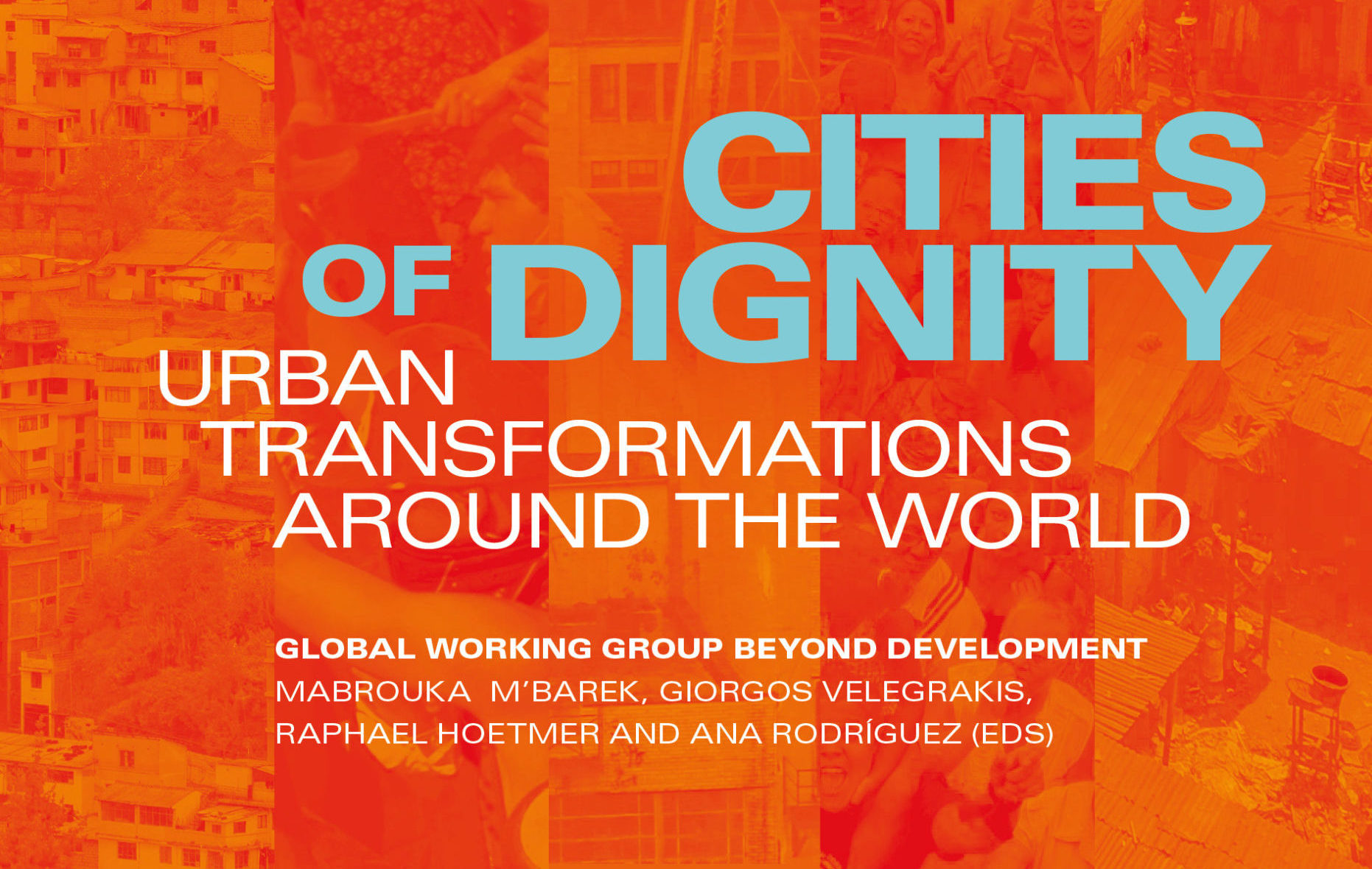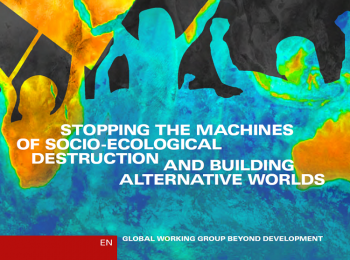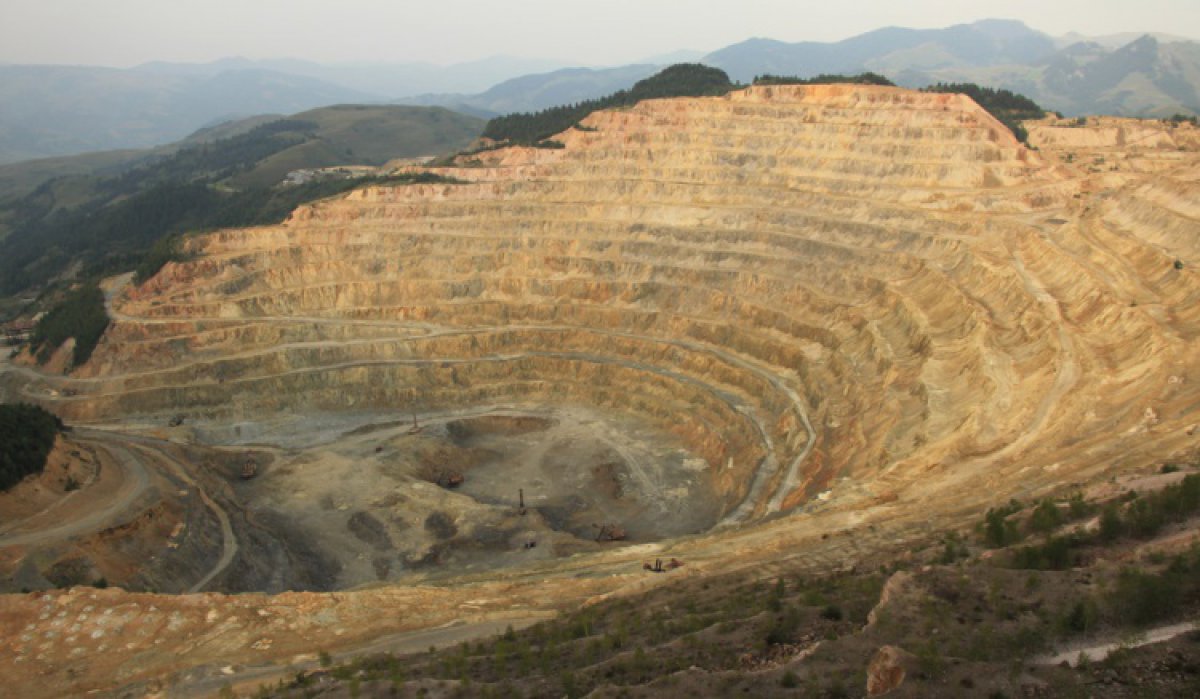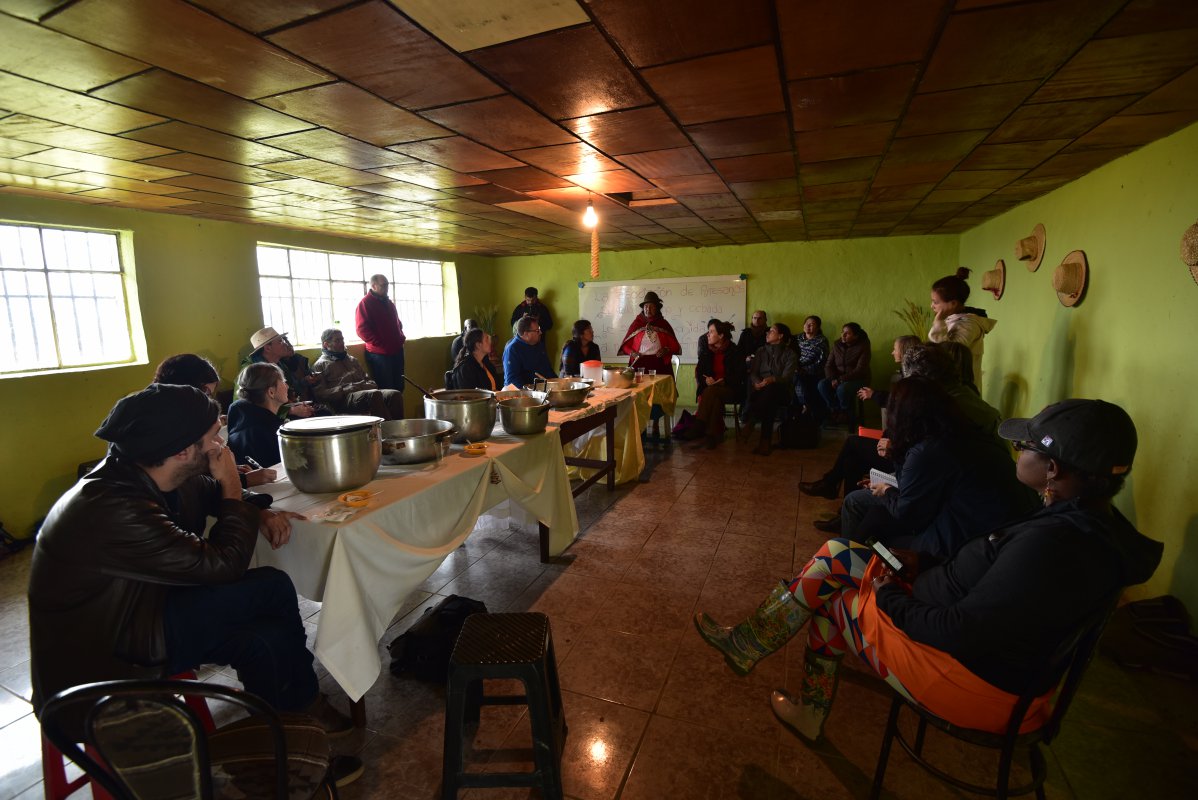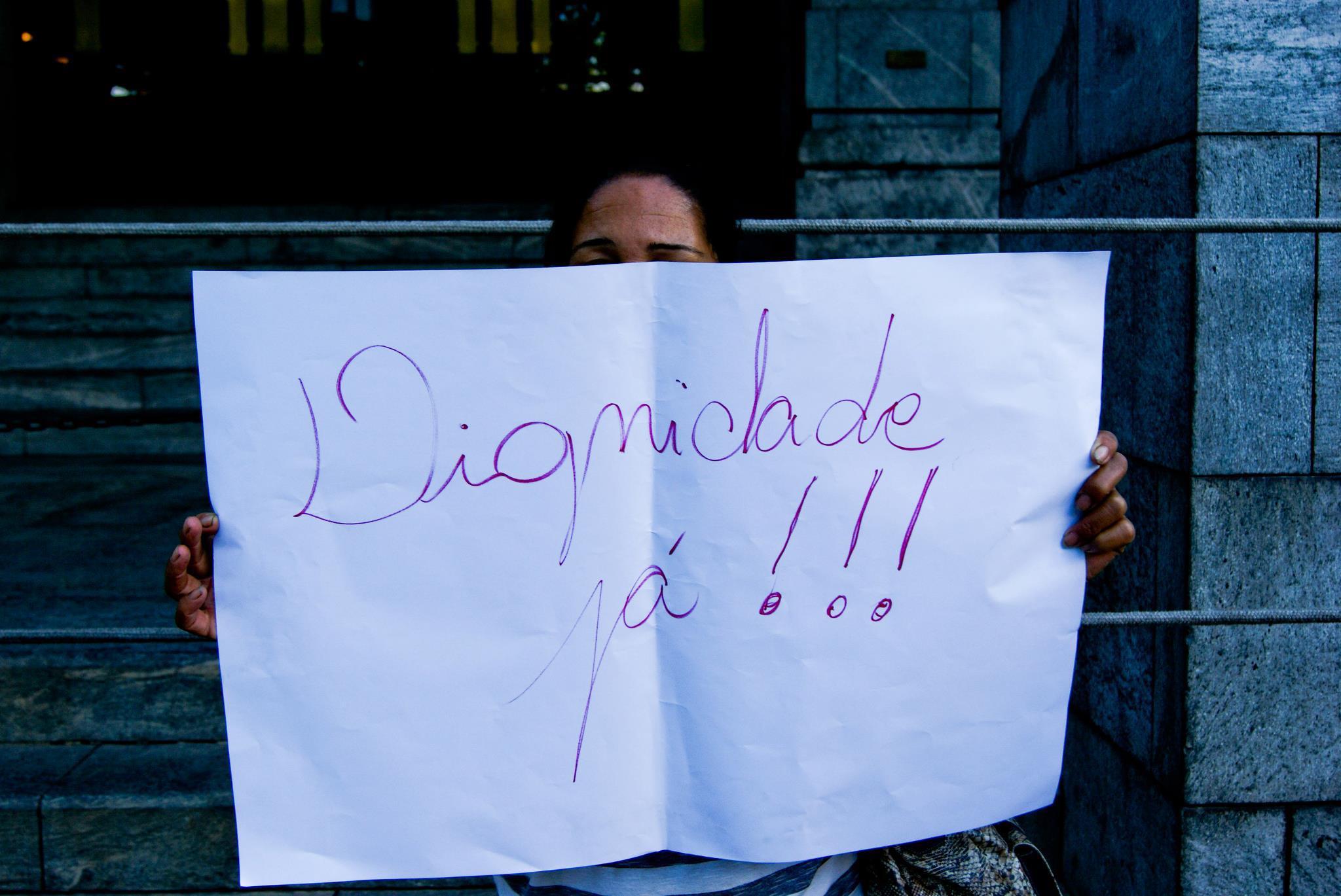Vietnam, Algeria, Palestine: Passing on the torch of the anti-colonial struggle
by Hamza Hamouchene Originally published at: https://www.tni.org/en/article/vietnam-algeria-palestine Introduction ‘Revolution is not a dinner party, or writing an essay, or painting a picture, or doing embroidery; […]

